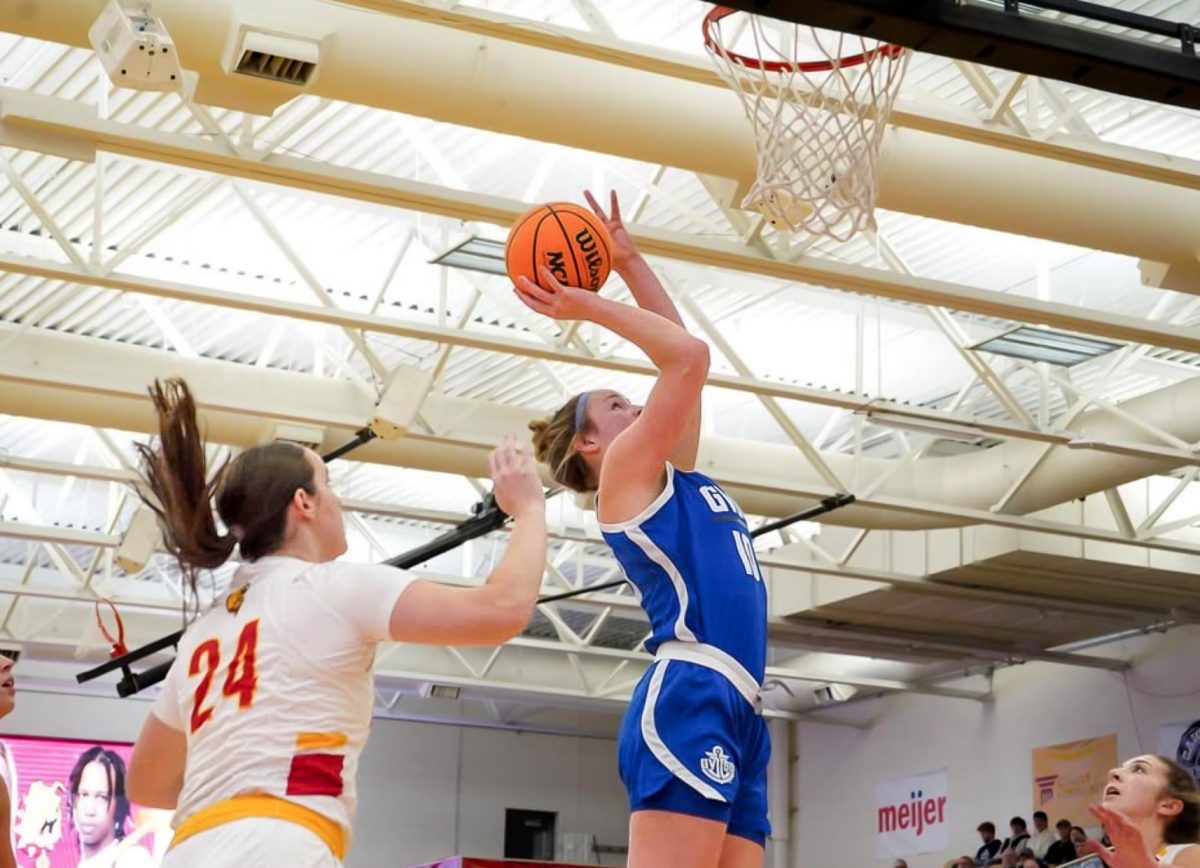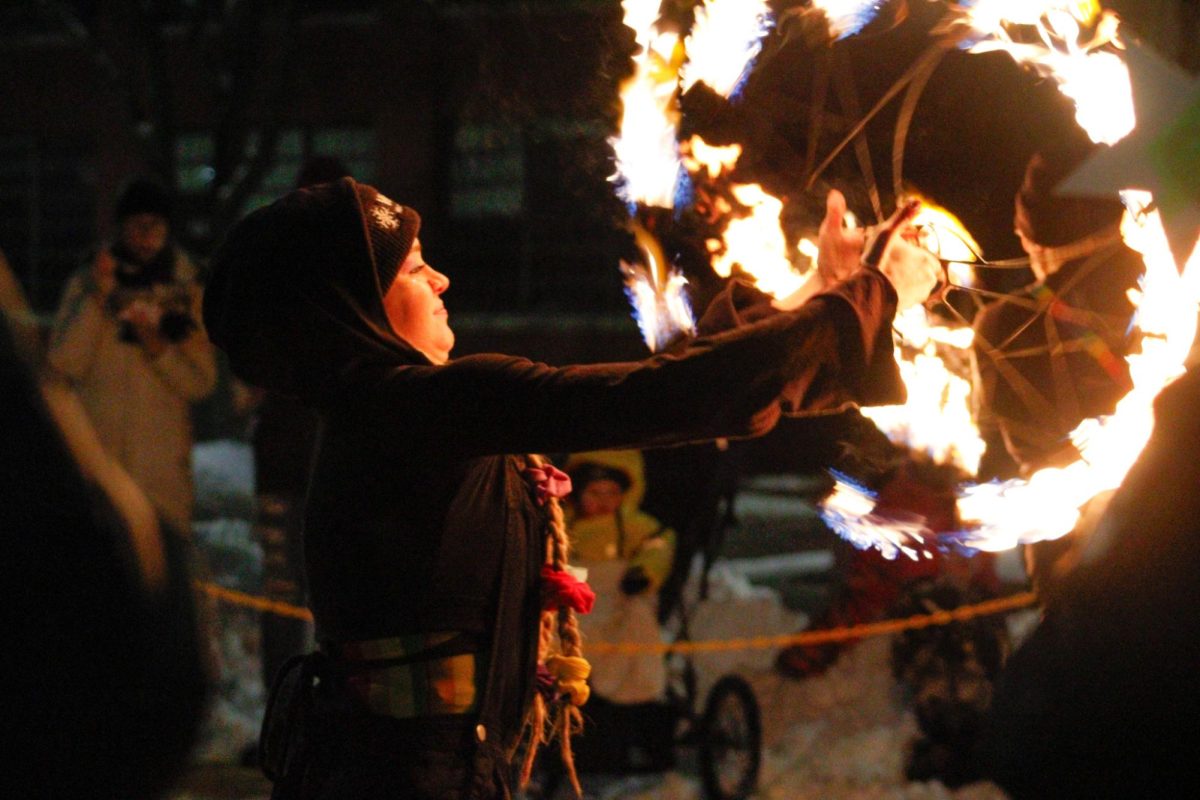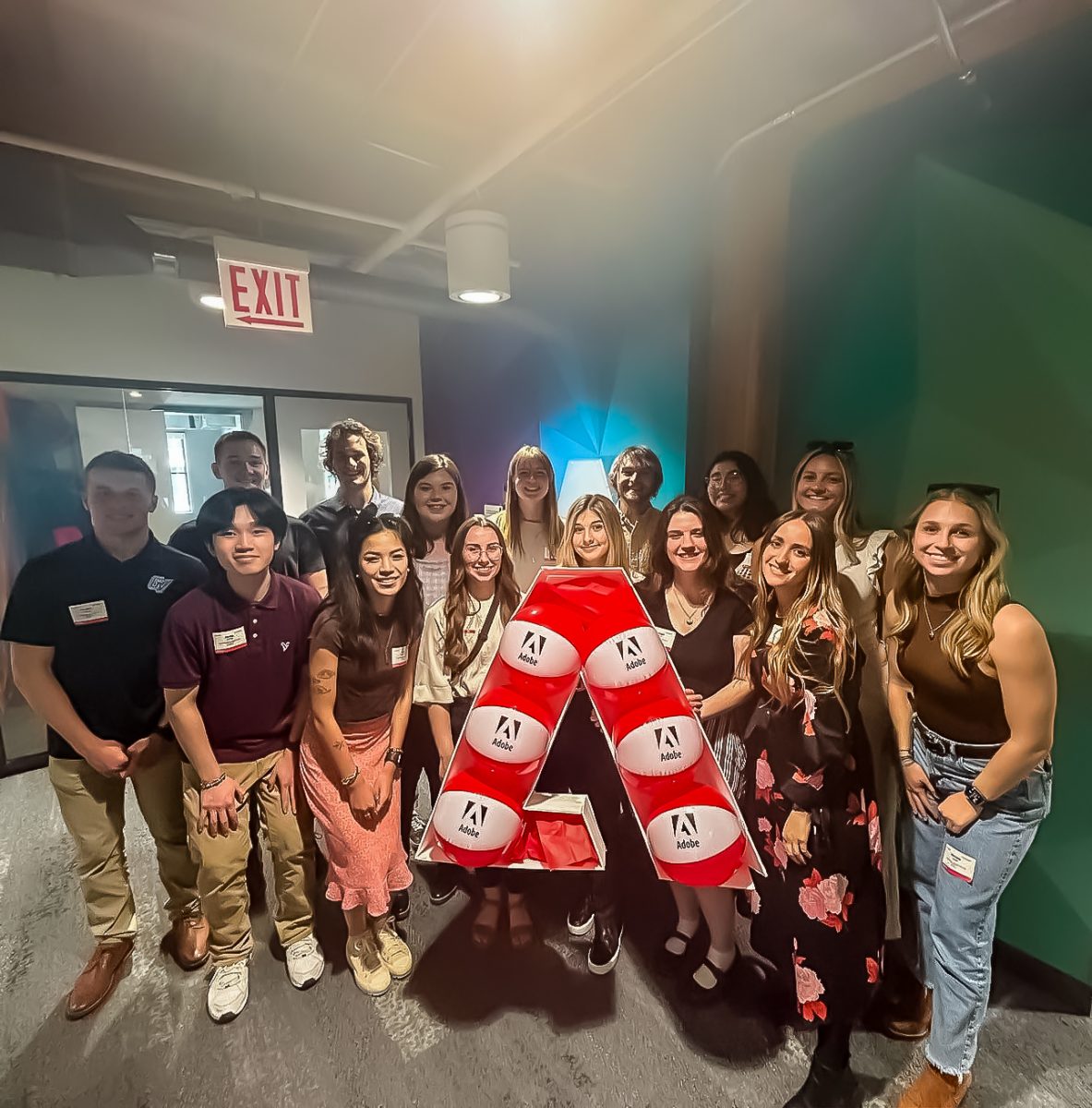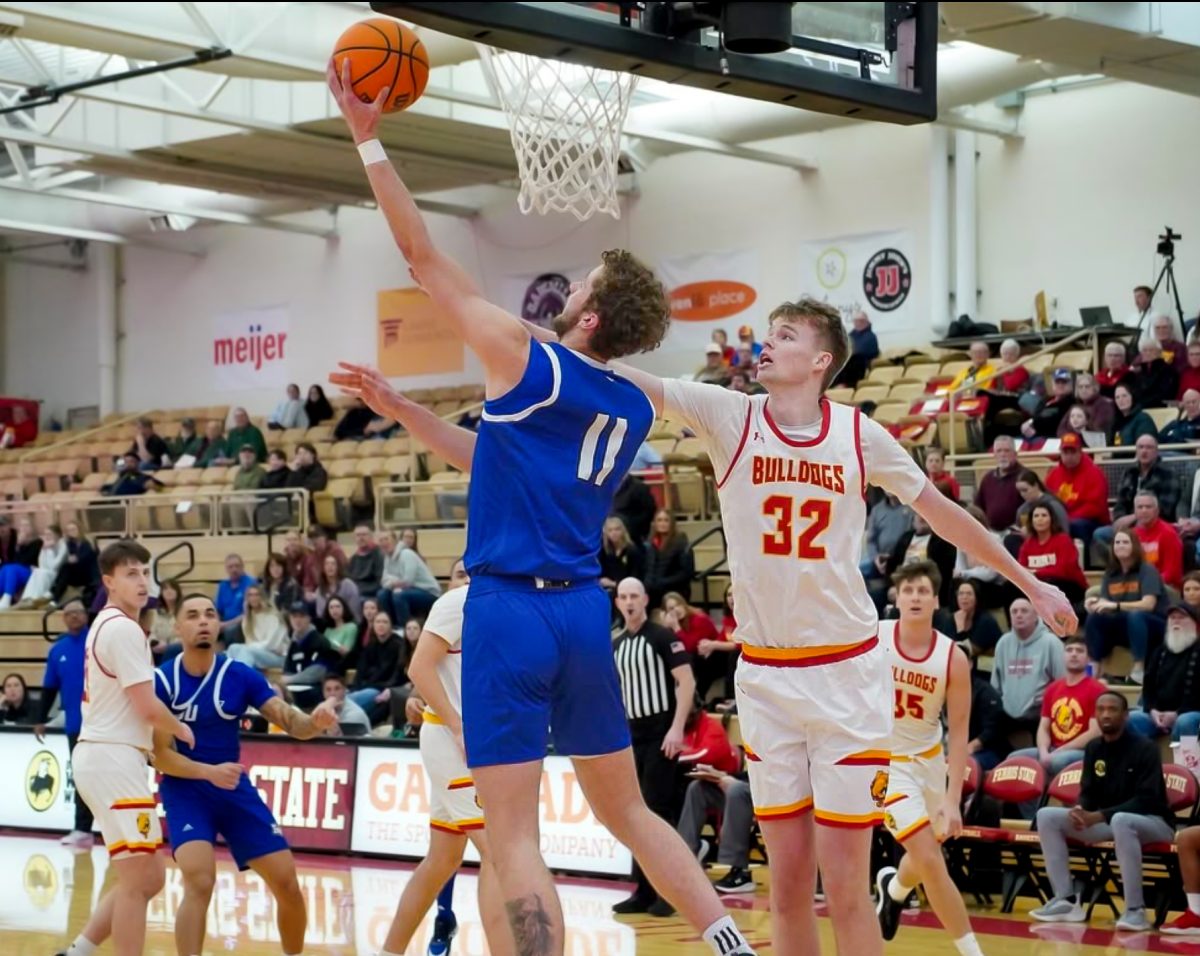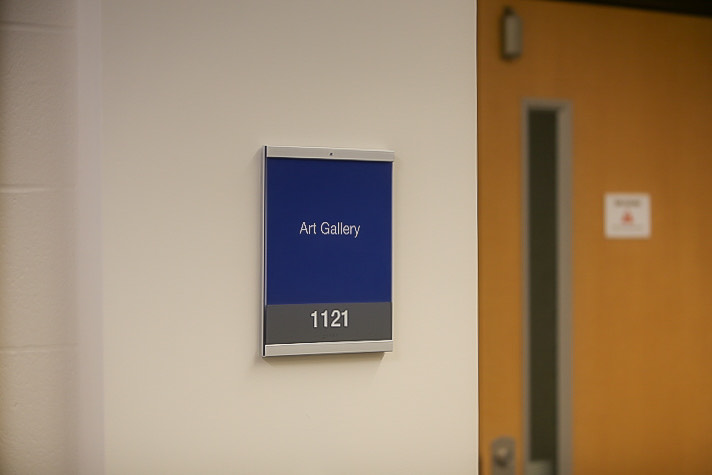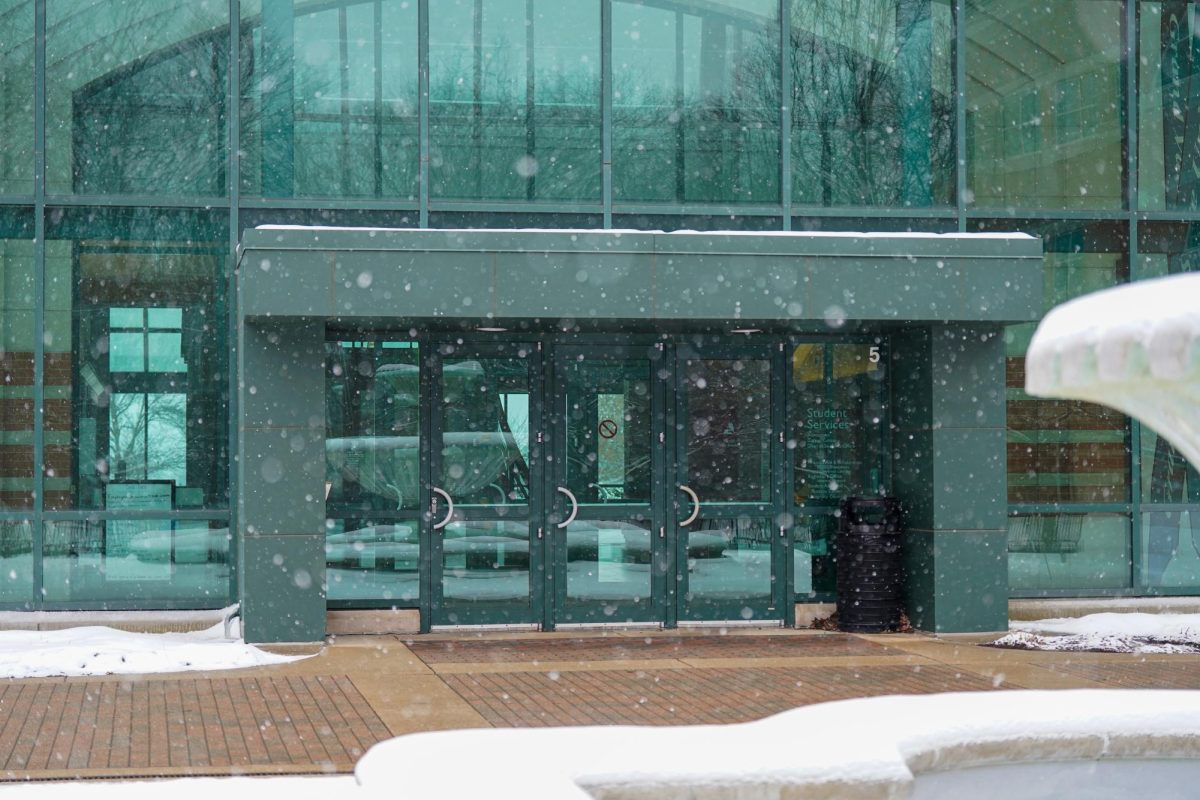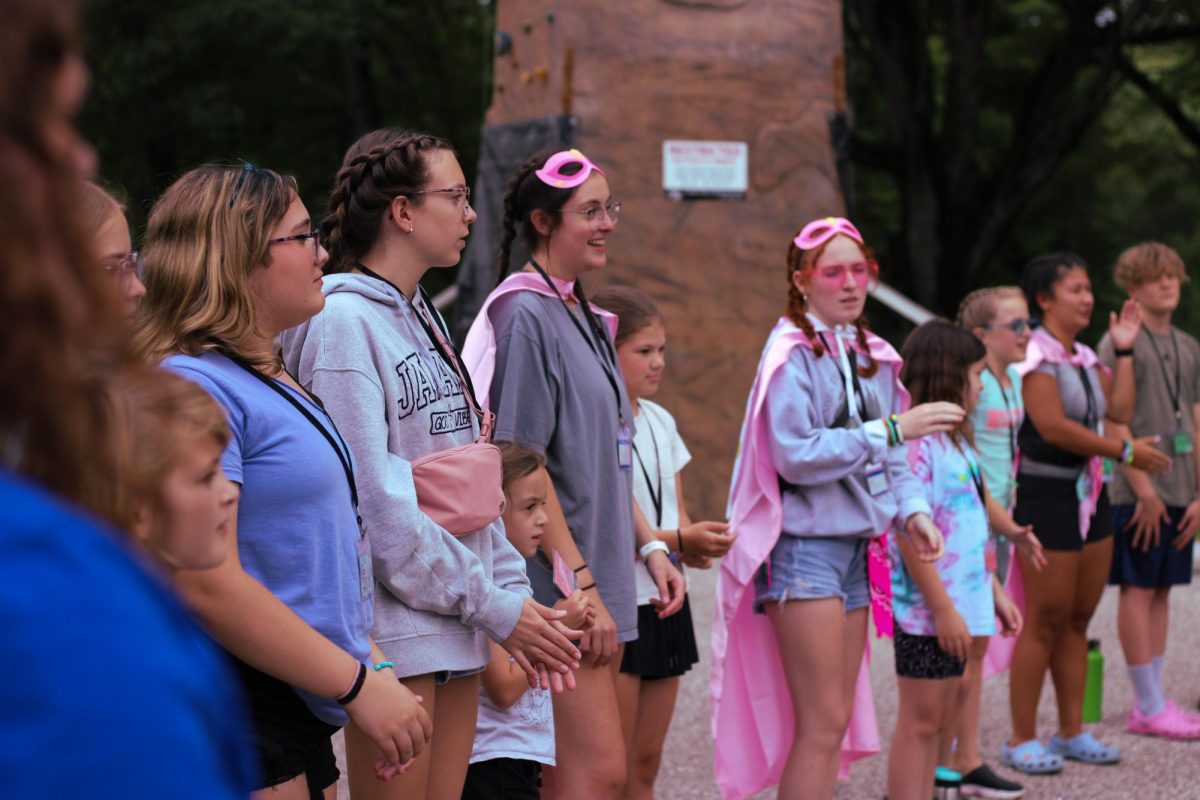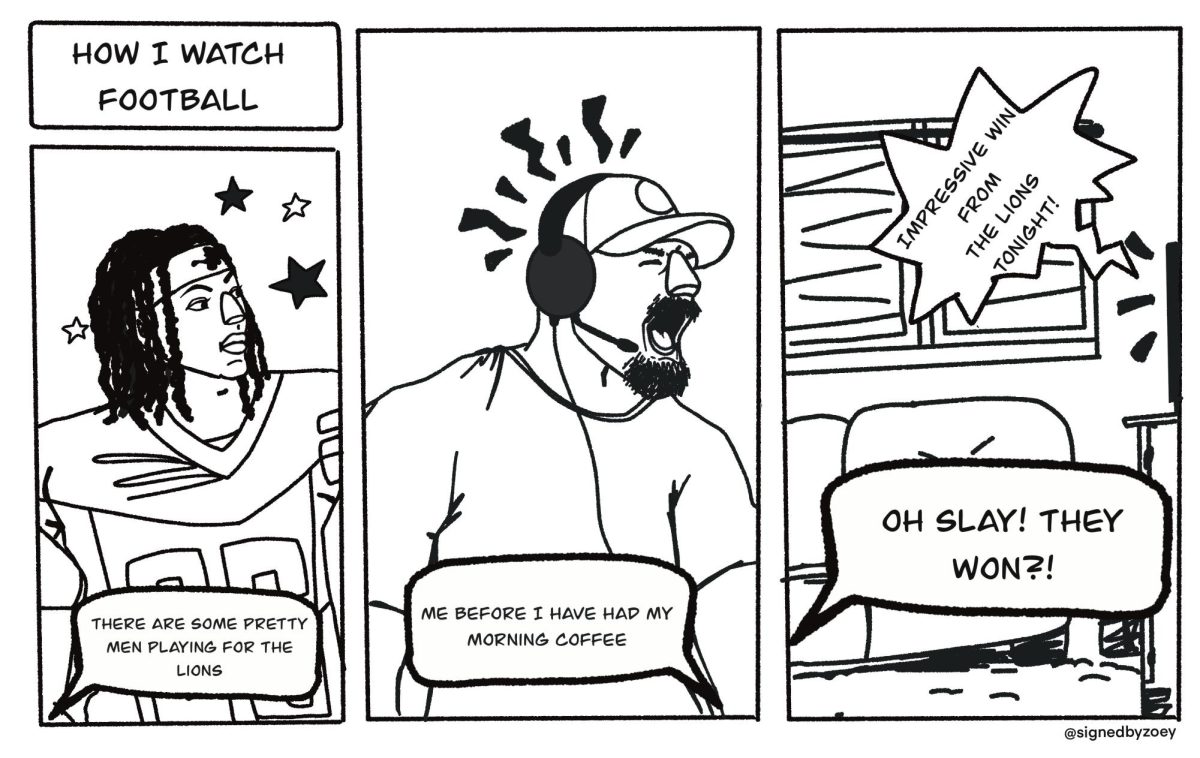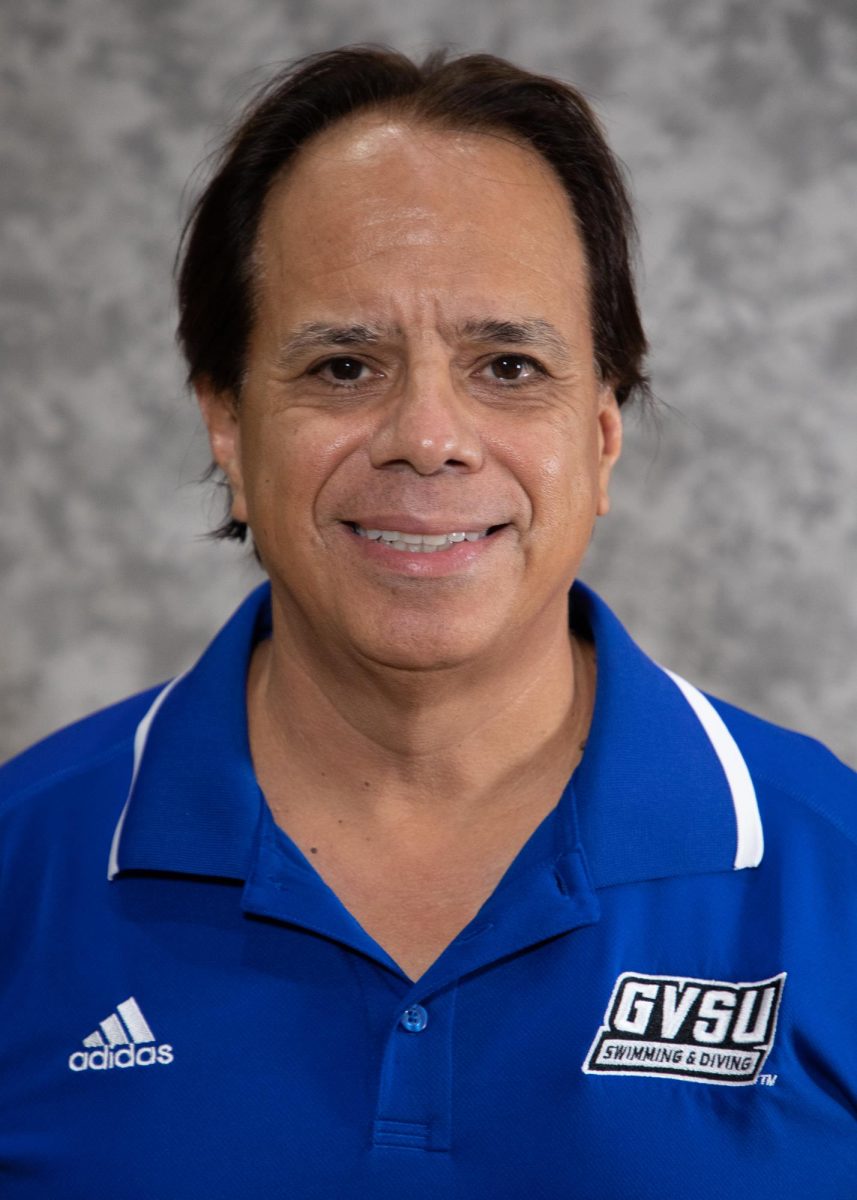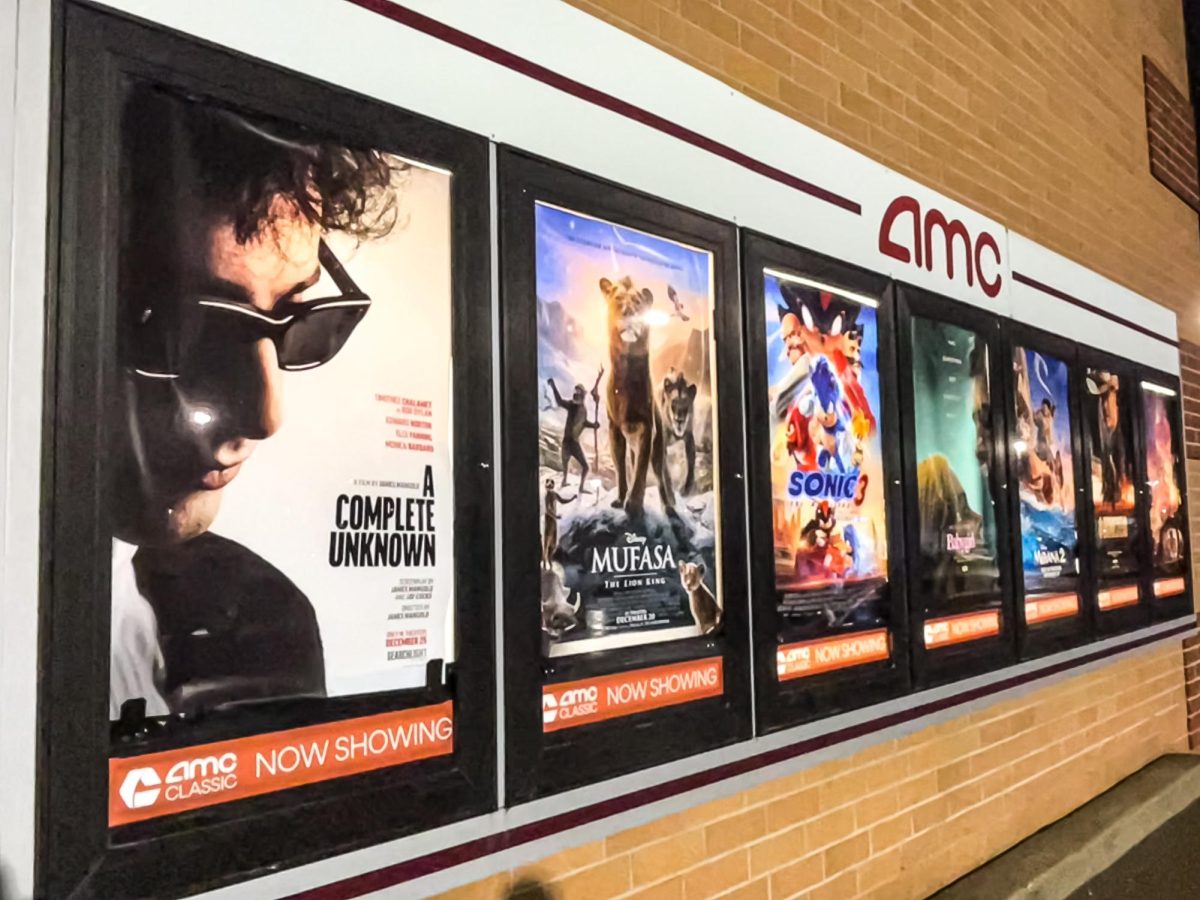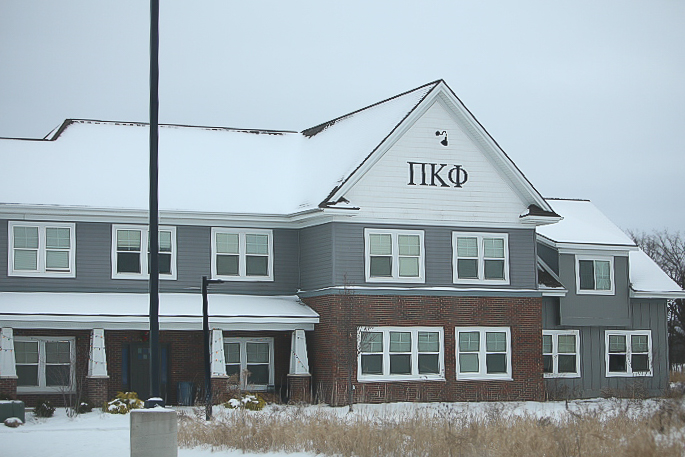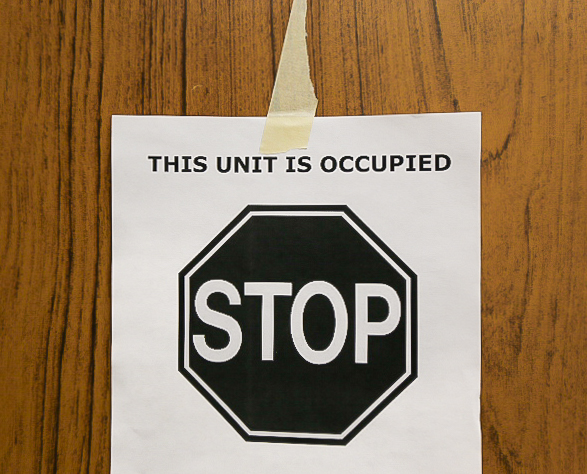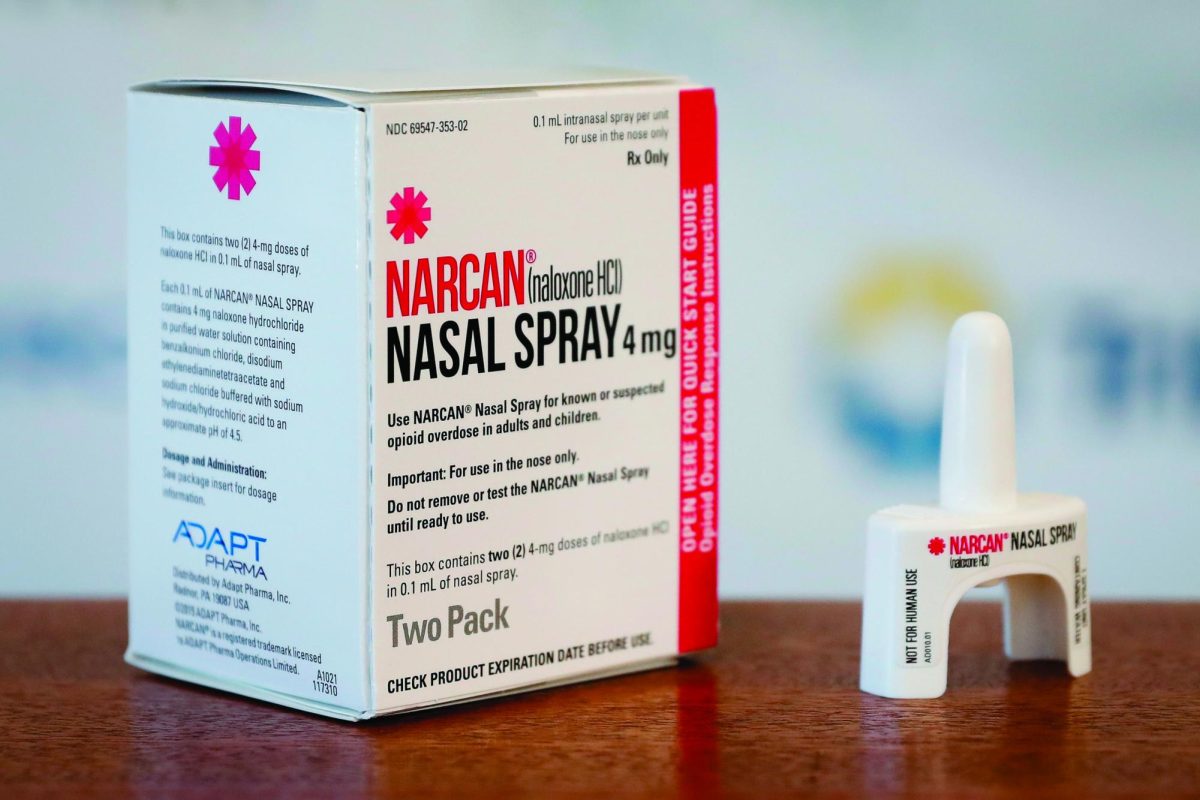Election stress is real, but voting messaging won’t solve it

Oct 26, 2020
Vote. It’s an encouraging rallying cry to get constituents to get involved in one of the most electric political races in recent history. It’s an invitation to have your voice be heard, to help keep the flame of democracy lit.
With that, it’s also a source of distress for many. The political turmoil we’ve seen this year has been nothing short of troubling, and while some rush to remedy it, others run away with their hands over the heads to shield themselves from the dizzying stress that stems from it.
Between Americans being hit hard with isolation amid the pandemic and the turbulence stemming from the election, it’s no wonder that there are some people, including students, who want no part in this voting season. There are those who mute words on social media and keep the news off until far after November is over.
That behavior is both absolutely understandable and a call for fundamental change.
To be clear, yes, participating in the election in any way is important — whether it be simply voting yourself, working the polls or canvassing for a candidate you believe in. Voting is the foundation of democracy and your drive to participate in any way is admirable.
This year especially is not the year to stay away from the polls or tune out the candidates. Despite the challenges, it’s our duty to get involved in some way.
But if the election is an added stressor on top of the pandemic, midterms and the way-too-busy lives of most college students, we are recommending that college voters value their own mental health over consuming every piece of information regarding the elections.
If the thought of picking a candidate or following the ruthless flow of politics is leaving you in a state of disrepair, we advise you turn the TV off, step away from the commotion and take care of yourself. Participating in democracy is important, but so is your mental health.
Just like any other election season, the message for young people to get out and vote has been shoved down the throats of college students. While these ads are generally good for our democracy, there needs to be more advocacy in these messages for taking the mental health around voting seriously.
For those who are stressed, take a breath. We know the onslaught of messaging encouraging voting is helpful, but it’s nearly exorbitant at this point as it risks distancing people from the political process. Understand your rights, be confident in your own beliefs and vote the way you feel most comfortable.
If you’re going above and beyond the call of political duty and being a democratic advocate, shift your mindset and focus on a cause that grapples with the landscape discouraging voter turnout; the root of this stress isn’t voting itself, but the lack of civility in the political world.
Nearly 58 million people have already voted early in this election. It’s important to arm them with the information to make up their minds and get ballots in their hands. It’s just as important to make sure people feel comfortable voting, no matter who it is cast for. Dismantle the stress-inducing dialogue and create spaces where people feel comfortable considering their own politics.
Politics is a battleground, both on the floor of the House and Senate, but also around the Thanksgiving dinner table and on social media. That battleground is intimidating for someone who may not be comfortable with their beliefs, who doesn’t want to speak out, or who hasn’t made up their mind yet. In a perfect world, this dialogue should be solely productive, but especially this year, we don’t live in a perfect world. It’ll take work to get there.
If that’s you – the student wincing at their peers bringing up politics in a casual conversation – there are plenty of ways to engage in those conversations on your own terms where it doesn’t feel like a brawl. Find the medium that works for you. If it stresses you out, it’s not working and not the right fit.
After the election cycle is over and life attempts to readjust, there are those who have been turned away by this season, but that leaves us with two charges.
On one front, those who have been turned away will have to continue to find ways to participate in the cornerstone of our democracy. For those who have been engaged, it’s creating a civil landscape that encourages dialogue and growth.
There’s work to do in making the political landscape approachable again, and that starts now with voters staying mindful of not just their own mental health, but deconstructing the landscape that makes voting season synonymous with stress. Let’s get it done.









